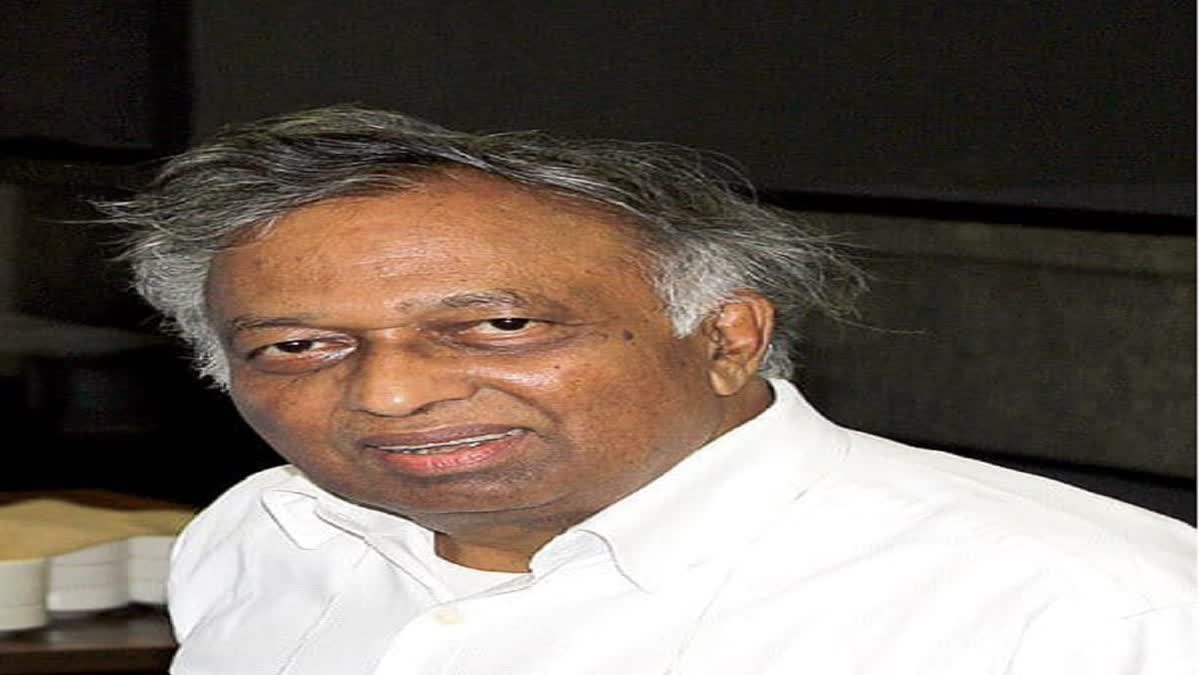Lucknow (Uttar Pradesh): Vijay Pandurang Bhatkar, the country’s leading computer scientist and founder of supercomputing in India, said on Monday that India would have its first high-speed quantum computer within three years. He said the government has already created a prototype and prepared a five-year road map on the implementation of quantum computing in the country.
Bhatkar was speaking at the 67th convocation of Lucknow University, where he was the chief guest.
'Former US President's Condition'
During the discussion about the visit of the supercomputer to India, Bhatkar said that former US President Ronald Reagan was ready to give the supercomputer to India, but he had laid down some conditions.
“Ronald wanted India to use it in the context of climate and not in any other context. One of these conditions was that if India violates the conditions, then all the agreements made with it will be cancelled,” Bhatkar said.
Rajiv Gandhi's Desire To Buy Supercomputer
Bhatkar claimed that former Prime Minister Rajiv Gandhi was ready to buy a supercomputer from the US. However, the deal couldn’t be finalised as the US was afraid that India could use the supercomputer to make missiles.
“The former PM went to the US and expressed the plan to buy the supercomputer. However, the deal failed due to the conditions. On his return to India, Rajiv Gandhi called me and asked if we could make a supercomputer in India. So I replied, "Why can't we,” he said.
“Although I had not seen the supercomputer, I had only seen the picture. At that time, Japan was trying to make a supercomputer. Rajiv Gandhi again asked how long it would take to be made, so I replied that it would be ready in 3 years,” Bhatkat said.
The Padam Bhushan awardee said that he started working on the project with a team of 100 people and built a computer that was far ahead of the supercomputer in the US in three years. He said that today no technology can be developed without a supercomputer.
When asked about the increasing interference of AI in the life of the common man today, he said that AI is a better technology but rued its misuse.
What is Quantum Computing
Quantum computing is a multidisciplinary field dealing with computer science, physics, and mathematics and uses quantum mechanics to solve complex problems, such as hardware research and application development, faster than classical computers. Quantum computers can also solve certain types of problems faster than classical computers by taking advantage of quantum mechanical effects, such as superposition and quantum interference.
Some applications where quantum computers can provide such a speed boost include machine learning (ML), optimisation, and simulation of physical systems..
Read More:



